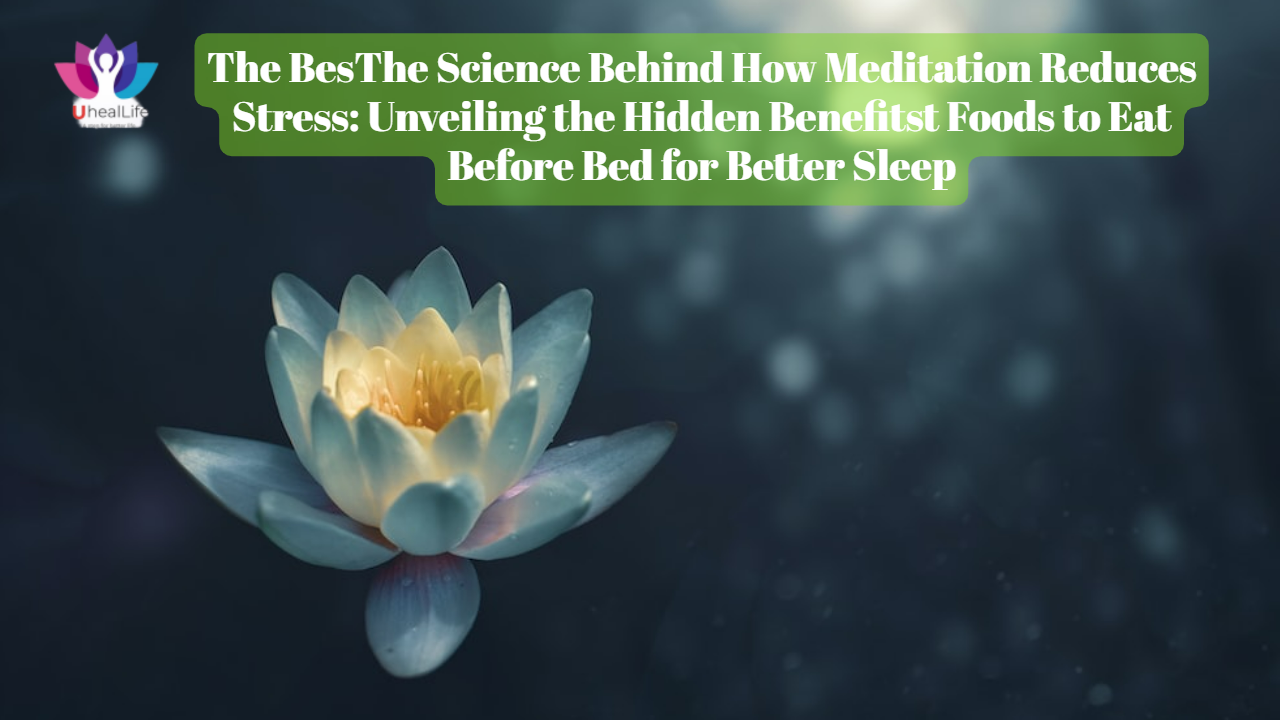Finding Tranquility: The Transformative Power of Meditation for Sleep and Anxiety Relief
Introduction:
In a fast-paced, stress-filled world, finding inner peace and restful sleep can feel like a distant dream. Sleep disorders and anxiety are common challenges that many individuals face, impacting their overall well-being. However, there is a proven practice that can help alleviate these burdens: meditation. In this blog post, we will explore how meditation can become a powerful tool for enhancing sleep quality, reducing anxiety, and promoting overall mental well-being.
- Understanding the Connection between Sleep and Anxiety:
- The detrimental effects of anxiety on sleep quality.
- How poor sleep can exacerbate anxiety symptoms.
- The importance of addressing both sleep disturbances and anxiety concurrently.
- The Science behind Meditation’s Impact on Sleep and Anxiety:
- The physiological changes during meditation that promote relaxation.
- The role of mindfulness in reducing anxiety and rumination.
- The calming effect of focused attention meditation techniques.
- Meditation Techniques for Sleep and Anxiety Relief:
- Guided meditation: Using audio or video recordings to assist in the meditation journey.
- Body scan meditation: Cultivating awareness of physical sensations to ease anxiety and promote relaxation.
- Loving-kindness meditation: Redirecting thoughts and emotions towards compassion and self-acceptance.
- Mantra meditation: Utilizing repetitive words or sounds to focus the mind and induce peacefulness.
- Mindfulness meditation: Observing thoughts and emotions without judgment, increasing present-moment awareness.
- Incorporating Meditation into Your Daily Routine:
- Establishing a regular meditation practice through consistency and commitment.
- Choosing the ideal time and setting for meditation to enhance its effectiveness.
- Overcoming obstacles and distractions that may hinder your meditation practice.
- Complementary Practices to Enhance Sleep and Anxiety Relief:
- Breathing exercises: Deep breathing techniques for relaxation and grounding.
- Progressive Muscle Relaxation (PMR): Releasing tension in the body to promote better sleep and reduce anxiety.
- Journaling: Using a gratitude or mindfulness journal to cultivate positive emotions before bedtime.
- Seeking Professional Guidance:
- Consulting with a meditation teacher, therapist, or sleep specialist for personalized guidance and support.
- Online resources, apps, and meditation courses to assist beginners and experienced meditators.
Conclusion:
Meditation presents a natural and accessible approach to alleviating sleep disturbances and managing anxiety. By embracing mindfulness and incorporating various meditation techniques into our daily lives, we can experience deep relaxation, cultivate mental clarity, and find solace in the present moment. As we embrace the transformative power of meditation, we embark on a journey towards profound sleep, reduced anxiety, and an overall enhanced sense of well-being.


